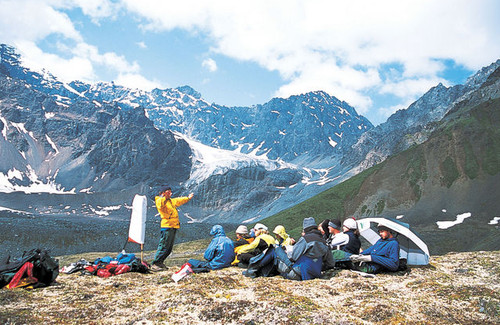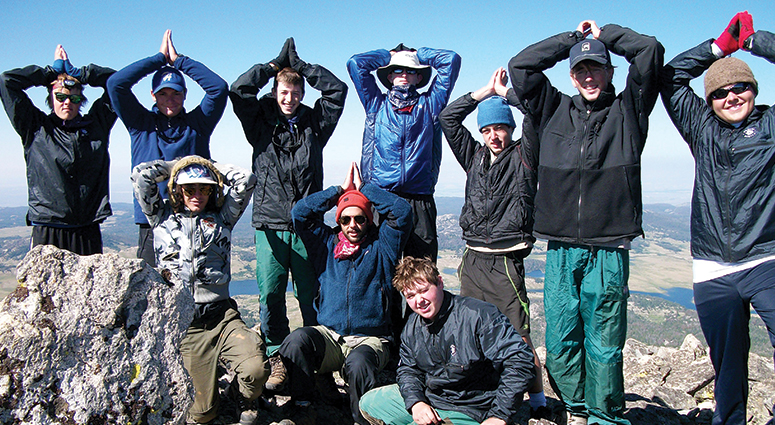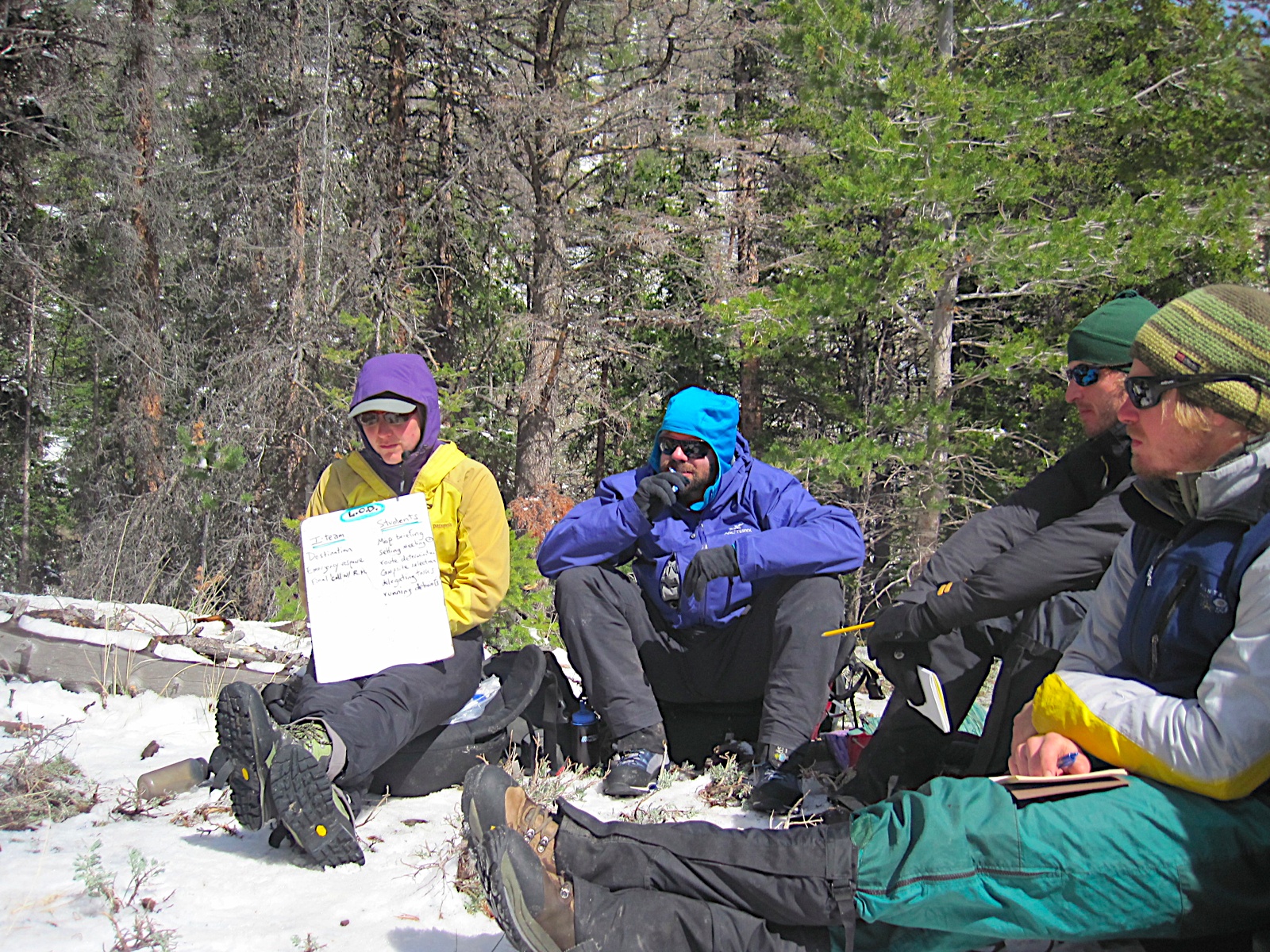The National Outdoor Leadership School
LEARNING GOALS
NOLS courses teach wilderness and leadership skills on expeditions and in classrooms. You will apply these skills to challenges in a supportive learning culture with high expectations. You’ll have the opportunity for a positive, transformational experience and leave your course inspired and empowered to act.
We craft NOLS courses so graduates will be able to:
Assume leadership roles
Live and travel in the outdoors
Act with confidence and competence
Respect and collaborate with others on expeditions, on teams, and in communities
Care for themselves and others
Understand their strengths, habits, and areas for growth
Function under difficult circumstances
Make informed and thoughtful decisions
Communicate effectively
Connect with natural places
Appreciate living simply
CORE CURRICULUM FOR EXPEDITIONS
LEADERSHIP
NOLS teaches leadership as, “situationally appropriate action that directs or guides your group to set and achieve goals.” Students will be able to:
Serve a team in a variety of roles: self leader, peer leader, designated leader, and active follower
Demonstrate good expedition behavior—take initiative, balance group and personal goals, and remain respectful and inclusive of their team members
Demonstrate competence
Communicate effectively
Make sound decisions
Display a tolerance for adversity and uncertainty
Demonstrate self awareness
Display initiative by setting and achieving goals
WILDERNESS SKILLS
NOLS teaches the expedition skills necessary to live and travel in the wilderness. Students will be able to:
Live comfortably (select a campsite; set up shelter; organize, pack, and maintain gear; cook; manage nutrition; and use clothing as protection from the elements)
Travel (hike, climb, paddle, row, sail, ski, snowboard, cave, and/or horsepack)
Navigate using maps, charts, compass, GPS, and/or terrain
Prevent, assess, and treat injury and illness in the wilderness
RISK MANAGEMENT
NOLS teaches risk management by applying leadership and wilderness skills and facilitating experiences to develop judgment. Students will be able to:
Identify and assess hazards and understand risks in the wilderness
Use technical skills, leadership, judgment, and situational awareness to manage risks
Use risk management terminology and models to assess and communicate decisions and actions
Create and implement contingency plans
ENVIRONMENTAL STUDIES
NOLS connects students to wild places. Students will be able to:
Explore the natural world through observation and application of ecological concepts
Develop a sense of place by experiencing wilderness and exploring relationships with their surroundings
Articulate an environmental ethic
Understand land management and environmental issues
Apply Leave No Trace principles to camping and travel
Learn more about this organization: HERE





